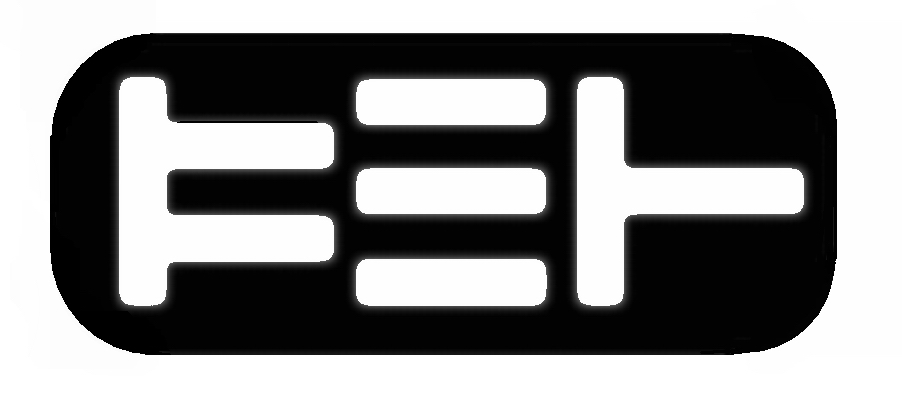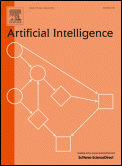
Non-Monotonic Reasoning
Invited Speakers
- Piero Bonatti (joint with DL), Universita' di Napoli Federico II
- João Leite, Universidade Nova de Lisboa
- Nicola Leone, Università della Calabria
Abstracts
Defaults in description logics: so simple, so difficult.Piero Bonatti
Frame systems - the ancestors of Description Logics - supported a form of defeasible inheritance and overriding. Such nonmonotonic features disappeared from implementations after the logical reconstruction of frame systems, although applications provide interesting use cases for nonmonotonic inferences. This talk gives an overview of the nonmonotonic DLs introduced so far, and illustrates the many complexity issues that affect them (which probably explain the lack of support to nonmonotonic reasoning in DL reasoners). Research never surrenders, though: a pragmatic change of perspective yields encouraging results, that bring the quest for low-complexity, nonmonotonic DLs closer to its goal.
On Logic Program Updates
João Leite
Over the last decade and a half there has been a considerable effort devoted to the problem of logic program updates or, in other words, the problem of characterising the result from bringing up to date a logic program when the world it describes changes. Whereas the state-of-the-art approaches are guided by the same basic intuitions and aspirations as belief updates in the context of Classical Logic, they build upon fundamentally different principles and methods which have prevented a unifying framework that could embrace both belief and rule updates. In this talk I will overview some of the main results related to logic program updates, while pointing out some of the main challenges that research in this topic has faced.
Towards the Industrial Application of NMR Systems
Nicola Leone
In about 30 years of research, the NMR community has produced a huge amount of important scientific results,
which have strongly influenced the evolution of the entire field of Artificial Intelligence. NMR languages
are expressively rich, allowing for powerful knowledge representation and reasoning, their semantic and
computational properties are deeply understood today. An open challenge, crucial for NMR future, is the
fruitful applicability of NMR methods and systems in real-world industry-level applications.
In this talk, we report on the ongoing effort we are making in this area, aimed at the industrial
exploitation of the NMR system DLV. DLV is one of the most popular ASP (Answer Set Programming) systems,
which is developed at University of Calabria and industrialized by a spin-off company of the university,
named DLVSystem. We describe some successful applications of DLV in industry, focus on most recent
developments, trends, and lessons learned "on the field", which generally apply to NMR.




